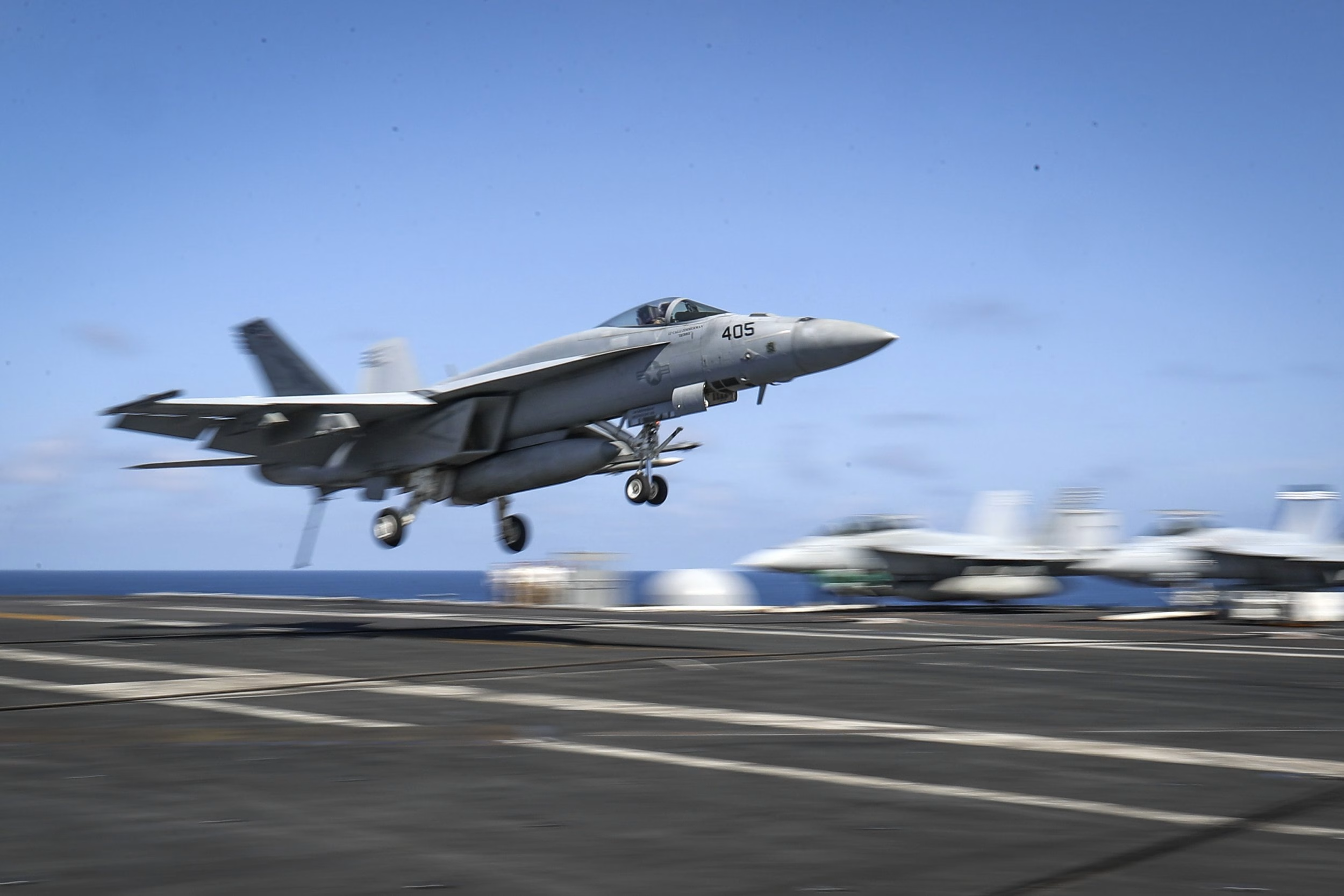Following the United States’ airstrikes on Iranian soil, targeting key nuclear and military facilities, the world is now waiting anxiously to see how Iran will respond. The question dominating global headlines: Will Iran strike back with full aggression?
A High-Stakes Crossroads
Iran has long vowed to respond forcefully to any attack on its territory, especially one aimed at its nuclear infrastructure. The bombings represent a direct challenge to Iran’s sovereignty and national pride — factors that historically trigger swift and symbolic retaliation.
Potential Forms of Retaliation
- Missile Strikes
Iran could launch ballistic or cruise missiles at U.S. bases in Iraq, Syria, the Gulf, or even Israel, depending on the perceived scale of provocation. - Proxy Escalation
Tehran may unleash its regional proxy forces — including Hezbollah in Lebanon, militias in Iraq, and the Houthis in Yemen — to attack U.S. and allied targets across the region. - Cyber Warfare
Iran’s cyber units are capable of attacking critical infrastructure in the U.S. and allied nations, targeting energy grids, communication systems, and financial institutions. - Strategic Patience or Surprise
Alternatively, Iran may choose to delay its response, calculating that a more devastating counterstrike delivered at the right moment could send a stronger message.
Global Consequences
A direct Iranian response would likely trigger further U.S. military action, potentially spiraling into a broader regional or even global conflict. Oil prices would surge, commercial shipping in the Persian Gulf could be disrupted, and global markets would face uncertainty.
Conclusion:
Yes, Iran is likely to respond — the question is not if, but when and how. Whether the retaliation comes immediately, indirectly, or through asymmetric warfare, the next moves will determine if this becomes a contained crisis or the beginning of a larger war. The world watches with unease.
















